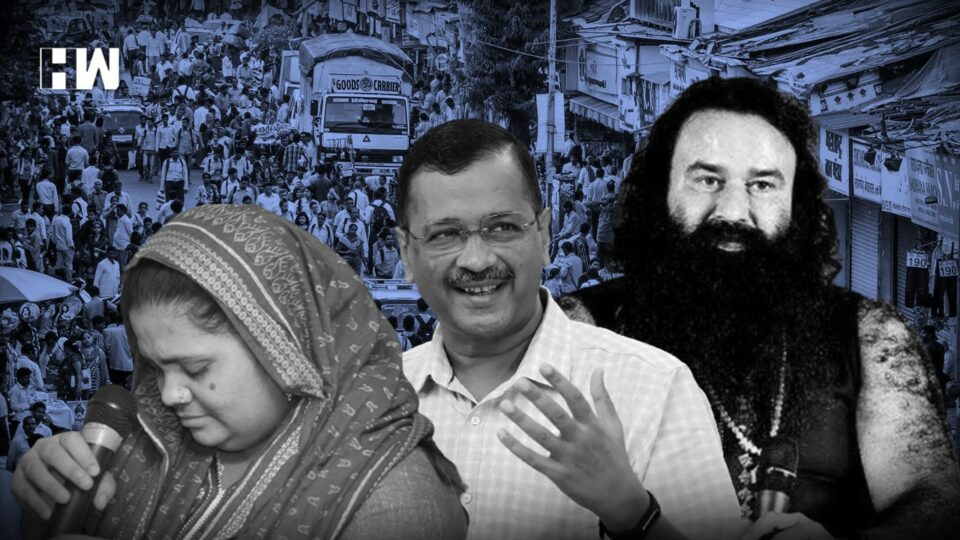It is very systematically used for polarization tactics, vote bank politics, diversion strategy (shifting the mood point of the political environment in society), or even appeasement of majoritarian vote.
Citizenship has attained a lot of significance in a liberal democratic society. Citizenship affirms an individual his identity as a member of a political community. Citizenship guarantees an individual entitlement to certain political, social, and civic rights. Affirmation of these rights is on the basis of equality, liberty, and fraternity. Modern-day nation-states have been predominantly been able to rise over and above the elite- entitlement persona of citizenship. Modern-day nation-states have now acquired 21st century the principle of universality of affirming citizenship to all individual members of the political community in a nation-state. Modern-day liberal democratic states are expected to protect and uphold the rights of their citizens across diverse sections of society. Modern nation-states especially of constitutionally defined democratic characters are by principle expected to promote justice for all and discrimination for none. Let’s put this into the perspective of the current day scenario in Indian Politics.
Also Read:18 Month Old Killed In Leopard Attack
Recent developments in Indian politics give an alarming signal regarding the intermingling of religion in politics or in other words, the uses of religion as a ploy to meet the desired political ends. Political parties tend to use religious overtones to meet their political motives.
It is very systematically used for polarization tactics, vote bank politics, diversion strategy (shifting the mood point of the political environment in society), or even appeasement of majoritarian vote. The recent release of 11 convicts in the Bilkis Bano case through the home ministry-backed Gujarat government decision under the backdrop of the old remission policy puts the government of the day into a critical position of holding and promoting strong biases against a particular section of society.
The motive and intent of doing so can be clearly questioned especially when it claims to be a sole mascot of promoting and upholding women’s rights through campaigns like ‘Beti Bachao Beti padao’ and takes such adverse decisions just around the time of state elections (Gujarat & Himachal Pradesh). Another such kind of political development is the release of self-styled godman Gurmeet Singh on parole. Convicted of rape and murder Gurmeet Singh was serving sentence in jail until recently when he was released on parole and many BJP political leaders were seen attending his public gathering that was organized soon after his release. This again is being seen as a political maneuver to attract votes from a particular community.
The practices of intertwining religion in politics are not limited to BJP which is in power at the center but it is well visibly apparent in the case of political parties like AAP which pulled into the political sphere as a political party with a difference standing strong to the principle of corruption free politics but soon got entrenched and trapped into the politics of majority appeasement setting an electoral tone aiming towards vote bank politics. Arvind Kejriwal’s latest demand to include images of Goddess Laxmi and Lord Ganesha on currency notes could have been written off as a political gimmick to corner the Hindu hardliners of the BJP. But seen several recent policy decisions and statements by AAP show that the party has firmly sacrificed liberal principles at the altar of cynical vote-bank politics.
It is while taking into closer observation these political instances of the alarming intermingling of religion in politics that one tends to find a so-called liberal, democratic state that claims to be instilled with a secular value system at a crossroads with a modern-day understanding of citizenship. Citizenship seems to be a free for all to be taken on ride kind of situation, especially when stigmatized sections of society (women, individuals from another gender, LGBTQ+, religious minorities, and persons with disabilities) are made to feel more vulnerable than ever. It is about time for citizens in particular to be more cautious and informed and ask appropriate questions to the political leaders and parties. For starters, one can just introspect whether there is any fitting place for religion in governance or take it a step further Do political parties have any legitimacy while invoking religion over tone in the political sphere?
The Author is an Assistant Professor of Political Science at Shoolini University, Solan, Himachal Pradesh.
(Views Expressed Are Personal)
As an independent media platform, we do not take advertisements from governments and corporate houses. It is you, our readers, who have supported us on our journey to do honest and unbiased journalism. Please contribute, so that we can continue to do the same in future.

